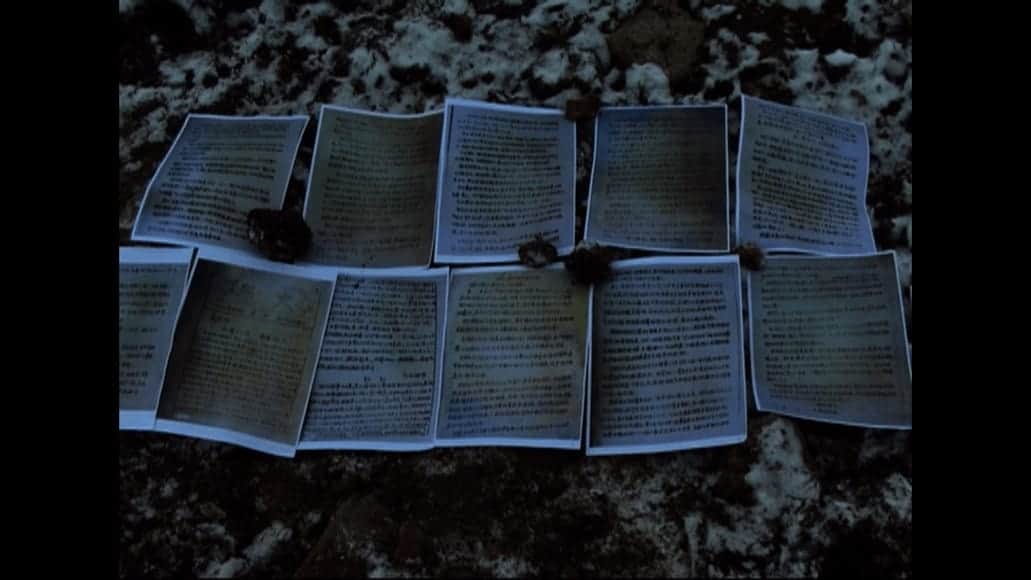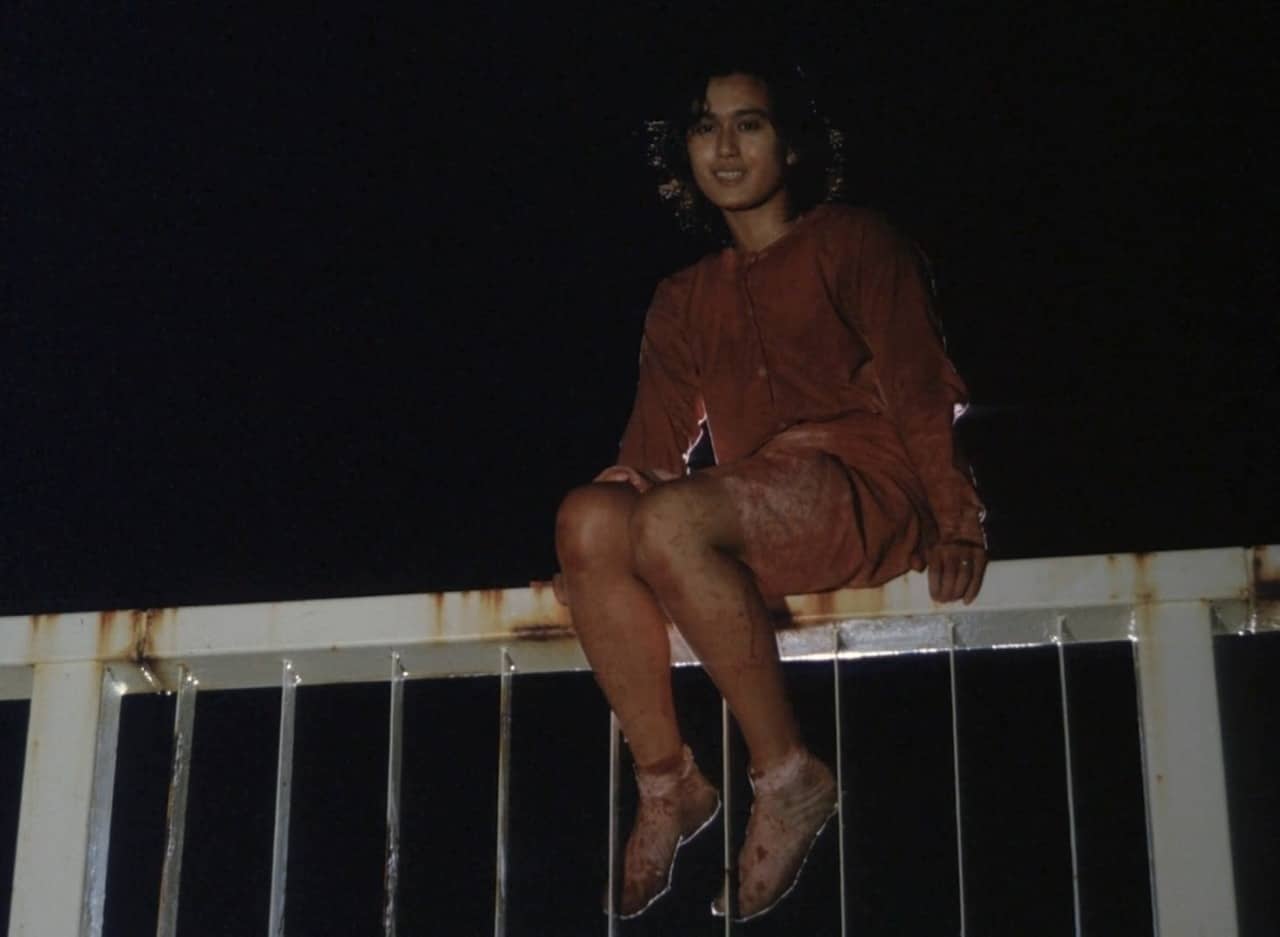Having watched many movies and coming up with a good idea based on them is always a good base to start a film; however, if the implementation is not on the same level, then the idea can be wasted. Unfortunately, this seems to be the case with “Icarus”, the first feature effort by Abhijeet More, who also keeps one of the protagonist roles, along with those of writer, editor, and co-producer.
“Icarus” is streaming at Cinemapreneur

The story revolves around a group of undercover police officers, whose chief has disappeared and they have been left alone to fare for themselves, without any kind of orders. As the film begins however, the Agency contacts the members of the group once more, as they want them to go after Babu, a local kingpin who has become quite particularly bold recently, killing a minister, while the death of many agents in the area has put even more strain to the Force. The group, however, is not as they used to be. Ila, who is supposed to play the role of a prostitute to woe Babu, is dissatisfied with the fact that she has not been promoted, while the woman she lives with agrees with her. Rohan is completely disgruntled for the abandonment of the group for two years by the higher-ups. Shiva has been dating Mughda, the daughter of the local contact of the group, Apte, something that has enraged the latter. All issues come to the fore during a meeting of the group. However, they eventually decide to move on with their mission. Soon, though, a number of conspiracies, treacheries and many secrets come to the fore, and Shiva and Ila find themselves more entangled than they could ever imagine.
Abhijeet More's own story is quite interesting, with the concept of the undercover cops clashing with themselves, against their comrades and colleagues, and against their enemies anchoring the narrative quite well. The same applies to Babu and his right hand, Kaka as villains, with Kiran D. Patil and Akash Gaikwad's performances respectively being quite convincing, particularly of the former, who has the more significant part of the two.
The presentation, however, lacks significantly. More seems to want to retain a sense of disorientation throughout the movie, but eventually he loses control, to the point that the story becomes chaotic, even to the point of nonsensical, particularly because there are too many different arcs involved, which could not be fully explored in the 99 minutes of its duration. The relationship of Ila with her roommate is a prominent example, while Shiva's relationship with Mughda also seems a bit off context, if not unnecessary. As with the aforementioned actors, Nidhi Garg as Ila does her best and is occasionally captivating, but her character suffers due to the writing.
Furthermore, the sound design (evidently not live recording), does not help the performances, with the lines heard appearing somewhat detached. The intense red lights of the meeting room are impressive but seem completely out of context and over-indulgent, the repeated scenes with Shiva riding his bike into the night eventually become tedious, and the many flashbacks are difficult to understand and somewhat misplaced.
In general, the production and narrative seem to have been planned for a TV-series of a number of episodes but ended up in a single movie, which, expectedly, suffers the consequences.
Thus, “Icarus” ends up as a well-intentioned but essentially too ambitious project, particularly since More decided to take up so many roles upon himself, and did have the budget to implemented them cinematically, despite that his ideas seem to move towards an interesting genre direction.














